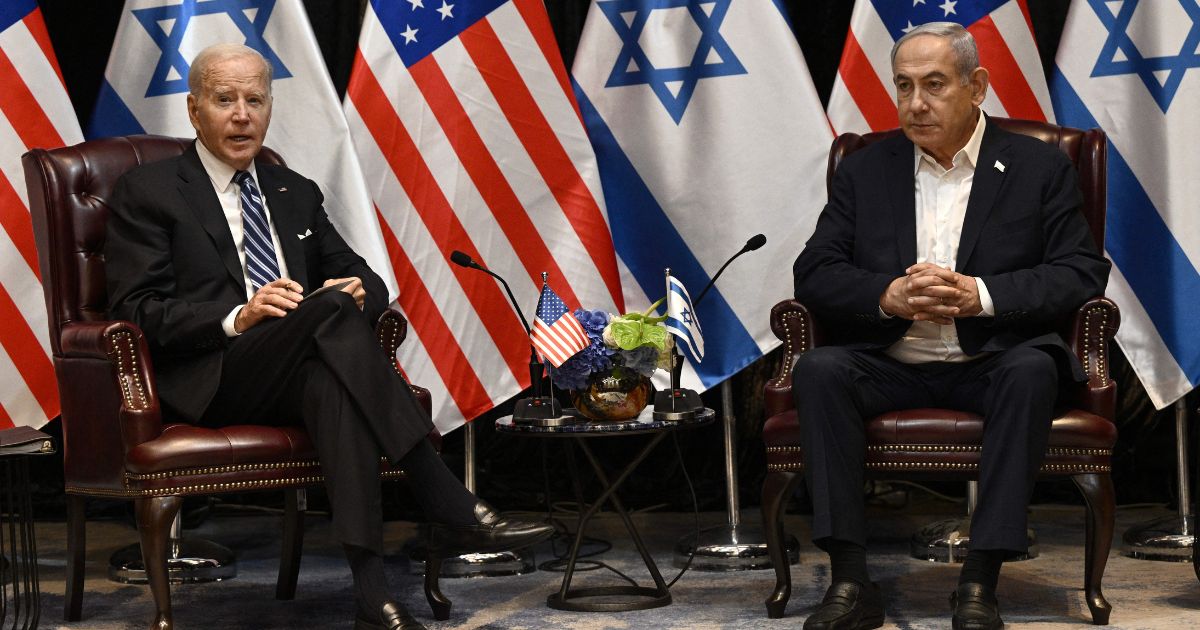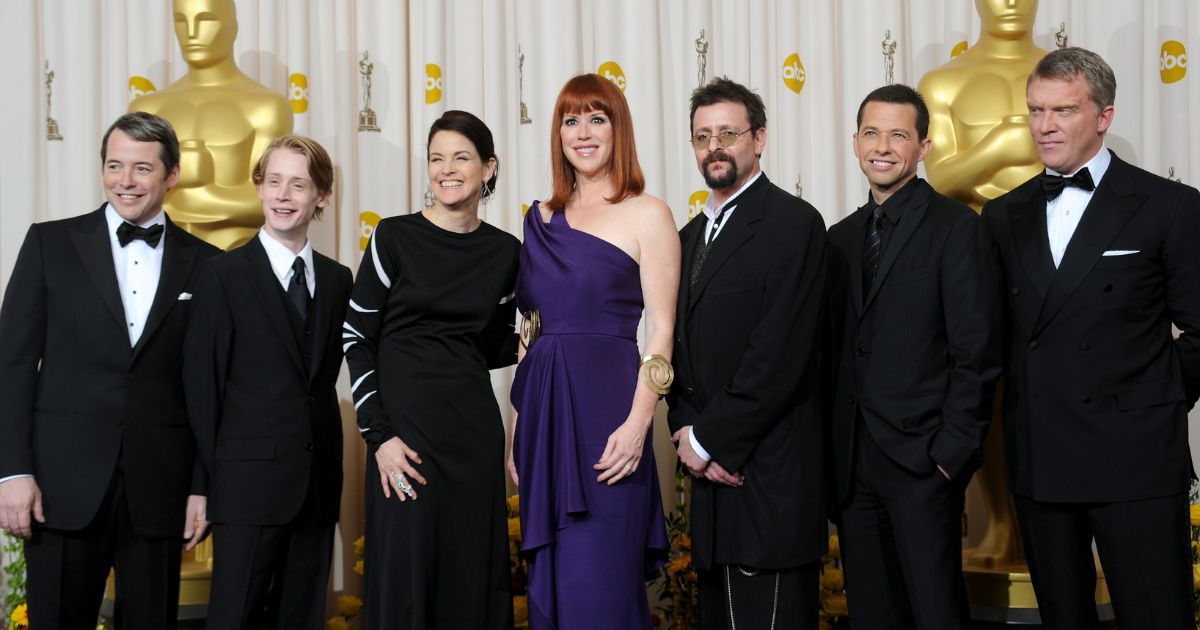How to Stage an Insurgency in Ukraine Against Russia

Assume for a second that Ukraine’s armed forces cannot prevail in a conventional fight against the Russian host currently besieging the country. What then?
Start by consulting the strategic canon.
The grandmasters of military strategy would tender Ukraine some advice. Prussian strategist Carl von Clausewitz, to name one, called a country confronting Ukraine’s plight a “nation in arms.” Such a nation, staring defeat in the face on the conventional battlefield, contemplates mounting a “general uprising,” a.k.a. insurgency, to overturn the battlefield result. Though steeped in conventional warfare during the Napoleonic era, he has some sage counsel to offer.
First of all, Clausewitz beseeches a nation in arms not to yield to despair. “A government must never assume that its country’s fate, its whole existence, hangs on the outcome of a single battle, no matter how decisive. Even after a defeat, there is always the possibility that a turn of fortune can be brought about by developing new sources of internal strength or through the natural decimation all offensives suffer in the long run or by means of help from abroad.” For him it verges on a law of nature that “a nation that finds itself on the brink of an abyss will try to save itself by any means.” Indeed, it must do so. “No matter how small and weak a state may be in comparison with its enemy, it must not forego these last efforts, or one would conclude that its soul is dead.”
A Ukraine whose soul was dead—whose ardor to resist had been shattered—would find it hard to summon new strength from within, let alone attract succor from abroad. It would be a losing cause, and few outsiders pool their fortunes with a losing cause for fear of sharing the wages of defeat. Ukrainians must show pluck—and hope for better days.
Second, the nation in arms must make time and the countryside its allies. Clausewitz is probably history’s most forceful advocate of concentrating military might for decisive battle, but he also acknowledges the power of defense. In fact, he deems tactical defense the strongest form of warfare. In other words, holding something is easier than seizing it. Prolonging a war can work in the defender’s favor, especially as the aggressor’s legions lumber deeper into its territory. The aggressor tends to build up relative superiority on the battlefield in the early going. Surprise, the initiative, and other factors work on its behalf. Ultimately, though, these advantages crest and start to decline as the advantages of tactical defense—the advantages that go to even an outmatched home team—start to tell. If the defender can draw out the campaign long enough, the aggressor may overshoot what Clausewitz calls the “culminating point of the attack.” If it does, the balance of forces will flip. The aggressor will be the weaker contender, beleaguered in hostile country. Its offensive will stall.
So the defender could come out ahead by protracting the conflict. Russian leaders are banking on a quick, decisive victory; Ukraine must deny it to them, letting the Clausewitzian rhythm of battlefield advances and reverses take hold. This is an insight on which Chinese Communist Party chairman Mao Zedong built during the Chinese Civil War and World War II. Mao advised the Red Army to lure enemies deep into the Chinese interior and wage an insurgency on a continental scale. The Red Army would wear down the enemy, cause its leadership to lose heart, and induce it to lay down arms or withdraw—leaving Chinese Communists holding the ground. Ukrainian commanders should read Mao and put his teachings to work for them.
And third, resistance forces must disperse. Admiral J. C. Wylie partitions military strategy into “sequential” and “cumulative” variants. Sequential operations are the Clausewitzian ideal, whereby one force bashes away at another in sequence, remaining more or less constantly in contact, until it reaches its goals or the foe capitulates. Each engagement comes after the preceding one in time and geographic space and is shaped by it. Cumulative operations are different. A combatant pursuing a cumulative strategy scatters small force detachments all over the map. Tactical engagements are unrelated to one another in time or space. Cumulative strategies grind down an opponent over time. One tactical encounter is unlikely to have debilitating impact on the opponent; many small-scale clashes of arms may add up to something big.
Air and naval warfare are cumulative in nature. So is what Wylie calls the “Mao theory” of insurgent warfare. Now, Wylie does caution that cumulative operations are seldom if ever decisive in themselves. He regards them more as a difference-maker in an evenly matched contest between peer competitors unable to get the best of each other through sequential operations. They’re also an interim strategy for a combatant that needs time to augment its martial prowess so it can take the field with confidence. Even so, scattershot endeavors do draw out a conflict, buying their purveyors time to inflict incremental damage on an aggressor, sap its morale, and frame a persuasive appeal to potential outside supporters.
That might be the most Ukraine can hope to accomplish for now.
Clausewitz agrees with Wylie on the virtue of dispersal for a nation in arms, adding that a “general uprising . . . should be nebulous and elusive; its resistance should never materialize as a concrete body, otherwise the enemy can direct sufficient force at its core, crush it, and take many prisoners. When that happens, the people will lose heart and, believing that the issue has been decided and further efforts would be useless, drop their weapons.” In other words, the insurgents should deliberately refuse to coalesce to form a “center of gravity,” offering a singular target that the aggressor could pummel into oblivion enroute to a definitive victory.
On the other hand, there are limits to the value of dispersal. It’s not enough just to melt away into the populace. Insurgents must strike blows against the foe to start evening the military balance, and thus, on occasion, they must concentrate forces at opportune points to strike. Or as Clausewitz puts it lyrically, “the fog must thicken and form a dark and menacing cloud out of which a bolt of lightning may strike at any time.” Candidate aimpoints for insurgent assaults “lie mainly on the flanks of the enemy’s theater of operations,” where “insurgents should build up larger units, better organized, with parties of regulars that will make them look like a proper army and enable them to tackle larger operations.” Clausewitz, like Mao, urges insurgents to make themselves into a regular armed force over time.
In the Clausewitzian and Maoist schemes, coordinating actions between insurgent bands and the remnants of the regular Ukrainian army will pose the chief challenge for rebel commanders. Performing this function successfully would empower the resistance to hurl Clausewitzian lightning bolts at the Russian expeditionary force, harrying and enfeebling it. Over time the war might stalemate—preparing the way for a Russian withdrawal, or winning the resistance time to amass armed might sufficient to take on the occupiers.
And that would be a triumph from the standpoint of these dark days in Ukraine.
A 1945 Contributing Editor, Dr. James Holmes holds the J. C. Wylie Chair of Maritime Strategy at the Naval War College and served on the faculty of the University of Georgia School of Public and International Affairs. A former U.S. Navy surface warfare officer, he was the last gunnery officer in history to fire a battleship’s big guns in anger, during the first Gulf War in 1991. He earned the Naval War College Foundation Award in 1994, signifying the top graduate in his class. His books include Red Star over the Pacific, an Atlantic Monthly Best Book of 2010 and a fixture on the Navy Professional Reading List. General James Mattis deems him “troublesome.” The views voiced here are his alone”
" Conservative News Daily does not always share or support the views and opinions expressed here; they are just those of the writer."





